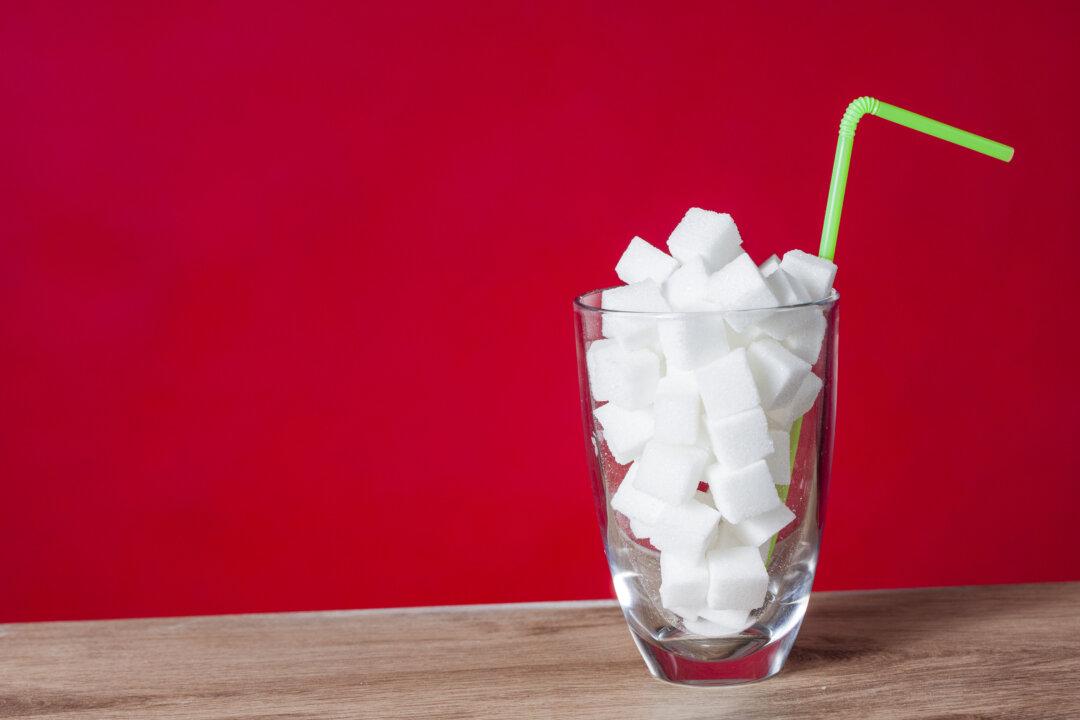Many factors contribute to obesity and chronic disease, but a significant body of evidence points to our love of sugar as a cause for our declining health and expanding waistlines.
Much of our daily sugar intake comes from sweetened drinks, including soda, energy and sports drinks, fruit juice cocktails, chocolate milk, and sweet coffee beverages like caramel macchiatos or the latest seasonal latte.
A new study published in the journal Nutrients puts the health impact of sugary drinks into perspective. Researchers found that replacing just one 8-ounce, sugar-sweetened beverage with an equal serving of water could significantly lower the prevalence of obesity and risk of disease.
Nutrition researchers at Virginia Tech and the University of North Carolina at Chapel Hill looked at data from national health surveys. Whether subjects drank a little soda or a lot, all of them benefited from the single water swap.
The study found that adults who averaged one sugar-sweetened beverage per day lowered their energy intake from beverages by six percent—from 17 percent down to 11 percent—when they switched to water.






